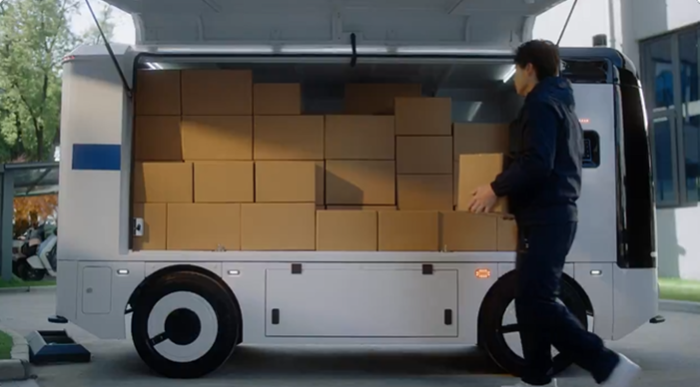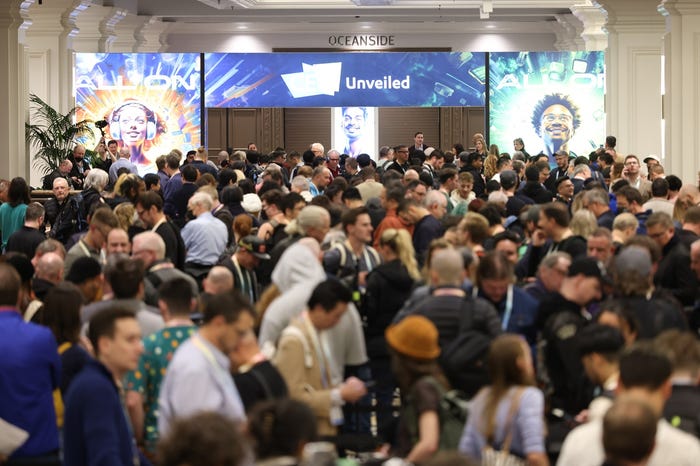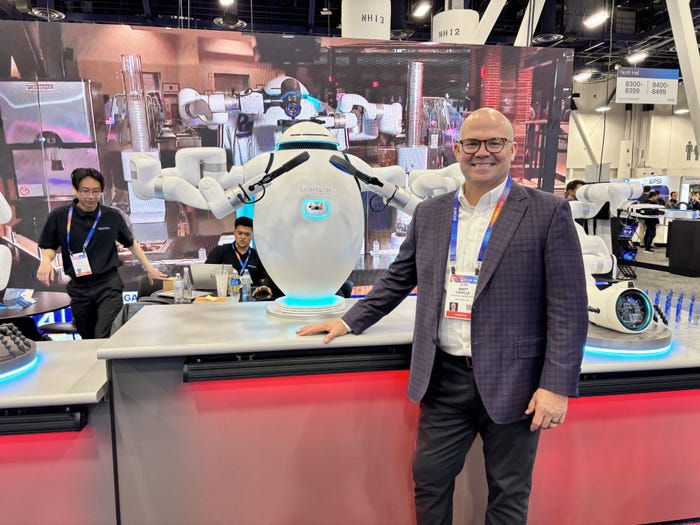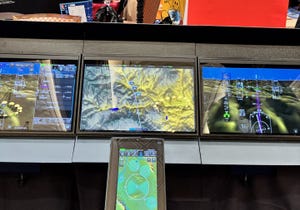Motional Axes Jobs, Puts Driverless Taxi Rollout on Hold
News comes just days after Hyundai Motor Group confirmed a nearly $1 billion investment in Motional

Self-driving tech company Motional is cutting jobs and delaying its commercialization plans.
The news was confirmed in a statement from Karl Iagnemma, Motional’s President and CEO, which was published on the firm’s website, after leaked details of internal meetings began to emerge online.
The news comes just a matter of days after South Korea’s Hyundai Motor Group confirmed an investment of nearly $1 billion in Motional – a new injection of $475 million, plus $448 million to effectively buy out previous joint venture partner Aptiv.
Already it would appear that Hyundai is exerting its influence, with Iagnemma’s announcement constituting a major pivot in strategy for Boston-based Motional.
“In collaboration with Motional’s shareholders, we’ve updated our strategic plan to focus resources on the continued development and generalization of our core driverless technology, while de-emphasizing near-term commercial deployments and ancillary activities,” Iagnemma said.
“This updated strategy requires a streamlining of our teams, resulting in a reduction in staff across the business.”
It is unclear at this stage how many jobs will be lost.
Over the past couple of years, Motional has pushed ahead with its plan to establish a commercial self-driving taxi service, chalking up a number of milestones in Las Vegas, Nevada, including night-time operations.
Its Hyundai Ioniq 5 autonomous vehicles (AVs) were made available on familiar ride-hailing services, such as Uber – with whom it signed a 10-year-deal – and Lyft, with safety drivers at the wheel and according to Motional more than 100,000 autonomous rides have been delivered.
Ultimately its goal had been to launch a driverless service in 2024, but that plan is now on the back burner and Motional is also pulling the plug on its autonomous food delivery program with Uber Eats in Santa Monica, California.
As we have heard before in the AV industry, the combination of a massively complex technical challenge and a very slow road to profitability has prompted the rethink.
Iagnemma explained: “Large-scale driverless deployment will not happen overnight. Driverless vehicles will enter the market when the technology has evolved, and – just as importantly – when the business case for autonomous deployment is clear.
“While we’re excited by our pace of technical progress, and our initial commercial deployments have yielded valuable insights, large-scale deployment of AVs remains a goal for the future, not the present.”
In the short term, the renewed focus on Motional’s “core” technology is likely to mean even more extensive testing, possibly in different locations.
Iagnemma insisted the outlook was still positive, claiming the recent funding round demonstrated Hyundai’s confidence “in Motional’s ability to capitalize on the tremendous market opportunity enabled by autonomy.”
About the Author
You May Also Like








